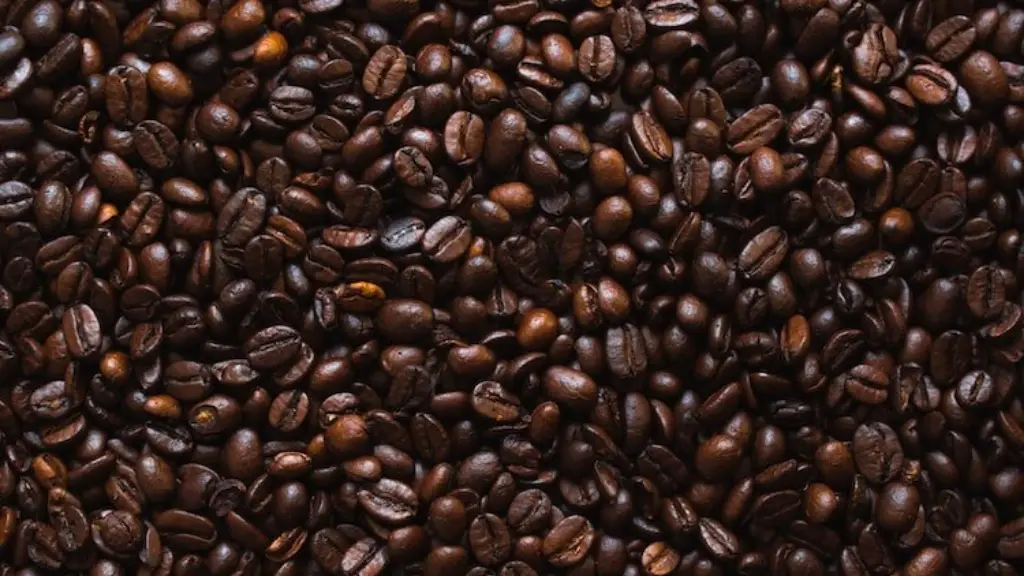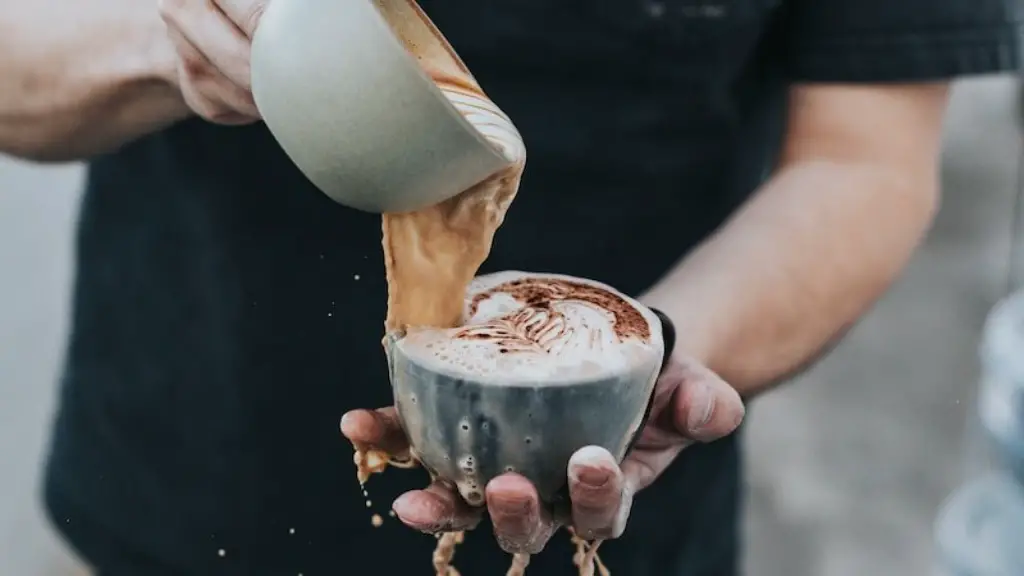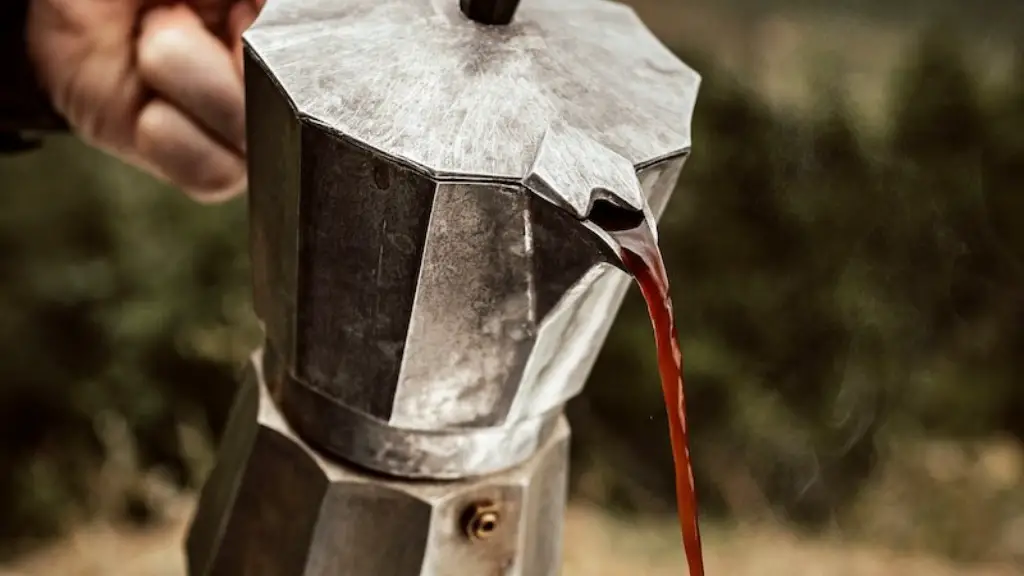Coffee is a popular drink worldwide–some even call it a lifestyle. We all know that regular coffee contains caffeine, a potent stimulant. Since it’s energizing effect can be a bit too much for certain individuals, that’s when decaf coffee plays its part. But is drinking decaf coffee really beneficial or not?
Decaf coffee has become the solution for anyone who loves the taste and aroma of coffee but is looking for a low-caffeine version of it. It is made by taking the natural compounds of coffee and removing 97% of the caffeine to create a healthier and less stimulating alternative. However, it’s valuable benefits don’t stop there. Let’s explore some of its pros and cons.
One of the obvious pros to drinking decaf is that it still contains some beneficial antioxidants. These provide several health benefits, like boosting the immune system and helping protect against cancer. Additionally, decaffeinated coffee has antioxidants like cafestol, which promote healthy cholesterol levels, and chlorogenic acid, which helps control blood sugar and may contribute to weight loss.
Moreover, several studies have shown that drinking decaf coffee can have a positive impact on cognitive performance. It’s believed to support brain health by acting as an anti-inflammatory and by improving areas of the brain involved in short-term memory, focus, and decision-making.
On the other hand, drinking decaf coffee can also come with some risks. For one thing, even though it is 97% caffeine-free, it still contains some residual traces. This means that people with a sensitivity to caffeine may still experience some side effects, like headaches or insomnia. Secondly, decaf is usually made with a harsh chemical solvent called methylene chloride, which can damage health if ingested in large quantities. For these reasons, it’s important to drink decaf coffee in moderation.
Ultimately, if you’re looking for a way to get the delicious taste of coffee without the energizing effects of caffeine, decaf might be worth considering. Despite some of its potential downsides, it still provides some benefits that regular coffee does not–like potential health benefits and cognitive enhancement.
Nutritional Value
In terms of its nutritional value, decaf doesn’t quite compare to regular coffee in terms of calories, carbs, and protein. However, it still provides a decent amount of antioxidants. The amount depends on the brewing method; a cup of decaf brewed using a method like the French press may contain more antioxidants than those made using other methods, like coffeemakers.
Nonetheless, it doesn’t contain as much as traditional coffee. However, what it lacks in calories, carbs, and protein, it makes up for in other areas, such as its diuretic properties, which helps the body in eliminating excess fluids, and its ability to reduce inflammation.
Affordability
Decaf coffee is typically more expensive than regular coffee, due to its slower and more labor-intensive production processes. In addition to grinding and roasting the coffee beans, it also involves additional steps like soaking, rinsing and boiling them. Thus, consumers have to pay more for decaf beans.
However, if you can’t afford to buy premium brands, there are still cost-effective options available. For example, you can purchase coffee grounds in bulk, which lets you save money. Additionally, if you’re looking for and even more budget-friendly option, buying pre-ground coffee is one of the best ways to go.
Uses
Decaf coffee is used in a number of applications, including cooking, baking, and even brewing. Thanks to its lower caffeine content, it makes a great choice for those who want to avoid the energizing effects of traditional coffee.
Furthermore, decaf can be used to make a variety of coffee drinks and recipes, such as cappuccinos and lattes. Additionally, when combined with cream, sugar and spices, it can be used to make decaf coffee-flavored ice cream, cakes and other pastries.
Safety
When it comes to its safety, decaf coffee is no different from traditional coffee. Despite its milder taste and lower caffeine content, it still contains some residual traces of the stimulant, which may be a concern for those with caffeine sensitivity. Additionally, decaf is often treated with chemicals like methylene chloride during the decaffeination process, which can be harmful to health if consumed in large quantities.
To ensure safety and enjoyment, it’s important to purchase decaffeinated coffee beans from a reputable vendor. It’s also a good idea to read the label to make sure you’re getting a pure and high-quality product.
Taste
Arguably the most important factor to consider when it comes to buying decaf coffee is its taste. The flavor of decaf can vary significantly depending on the origin, type, and processing of the beans. In general, decaffeinated coffee tends to have a milder, yet still full-bodied, flavor and aroma than regular, caffeinated coffee.
For example, Arabica beans have a naturally sweet and vibrant flavor, while Robusta beans have a smooth, earthy taste. Additionally, certain brewing methods, such as cold-brewing, can have an effect on the taste of the coffee. So, if you’re looking for the best-tasting coffee, it’s important to try a few different options to see which one you like best.
Availability
Decaf coffee is widely available in both physical and online stores. You can find it in many supermarkets, local coffee shops, specialty stores, and even online retailers. Moreover, there are numerous decaf blends and brands to choose from, so be sure to do some research before making a purchase.
In conclusion, decaf coffee is a great choice for those who want to enjoy the taste and smell of coffee but don’t want the energizing effects of caffeine. Despite some potential downsides, decaf coffee still packs some health benefits and can even help improve cognitive performance. So, if you’re looking for an acceptable alternative to regular coffee, decaf might just be the way to go.




